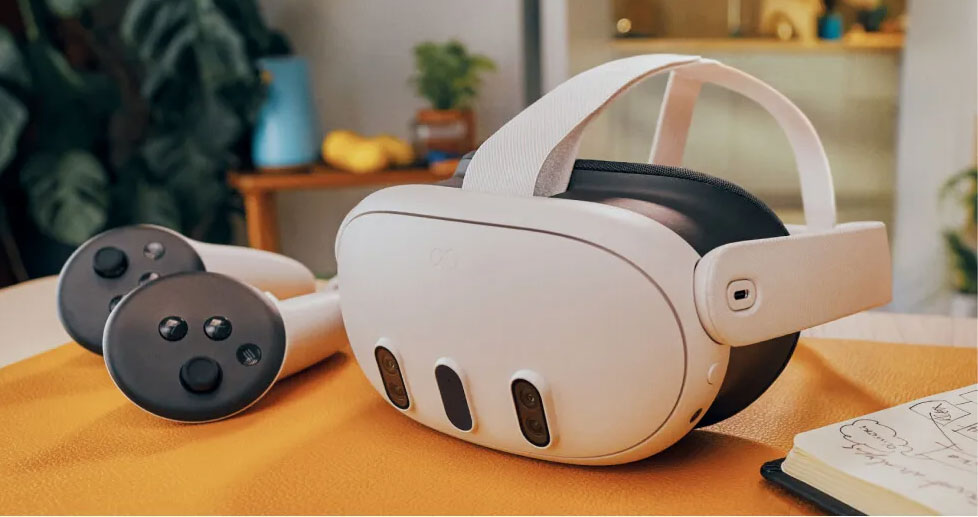Recently, delegates from Meta and Inspired Education, including Sir Nick Clegg, President of Global Affairs at Meta, and Nadim Nsouli, Inspired Education Founder, Chairman & CEO, met to explore the transformative power of Mixed Reality in education. During the event attendees experienced a live Spanish lesson, showcasing how Metaverse learning is seamlessly integrated into curriculum on Meta Quest.
Meta's commitment to education through immersive technologies is backed by extensive research and collaboration with educators, researchers, and developers globally
The educational potential of VR is already being explored in various institutions. For example, New Mexico State University uses VR to immerse students in virtual crime scenes for criminal justice education, while Stanford University employs VR to teach soft skills such as handling difficult conversations in its Business School. Similarly, the University of Glasgow uses VR to teach life sciences by providing students with a virtual tour inside the human body.

Meta's commitment to education through immersive technologies is backed by extensive research and collaboration with educators, researchers, and developers globally. The company is optimistic about the growing adoption of these technologies in education, pointing to studies that show improved student engagement, performance, and satisfaction when learning in VR environments.
Of all the ways in which metaverse technologies like virtual, mixed and augmented reality could prove to be transformative, the potential they have for education is one of the most exciting. For most of us, learning is social – we learn from and with others, and from each other’s experiences. It’s about interaction and discussion as much as it is about absorbing facts. That’s why the unique feeling of presence and immersion these technologies create can be so impactful in education.
They also make things possible that are impossible in the physical world. Instead of telling students what the dinosaurs were like, they can walk among them. Virtual science laboratories can be built and filled with equipment that most schools would never be able to afford. Classes can go on field trips to the best museums, no matter how far away they are. And they can be used to take the risk out of otherwise dangerous or expensive technical or vocational training.
Interested in knowing more? Get in contact with us today.
Read more of our latest Modern Workplace stories



